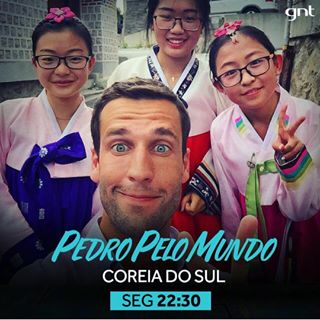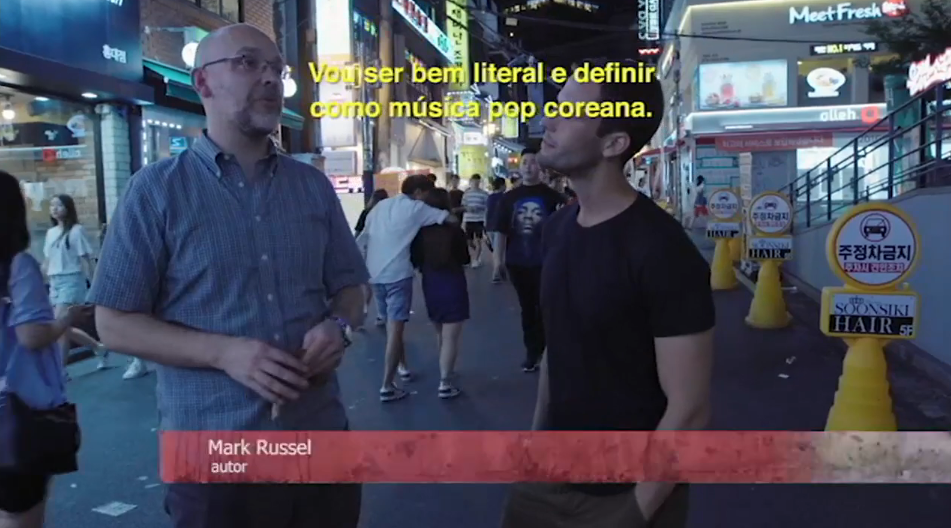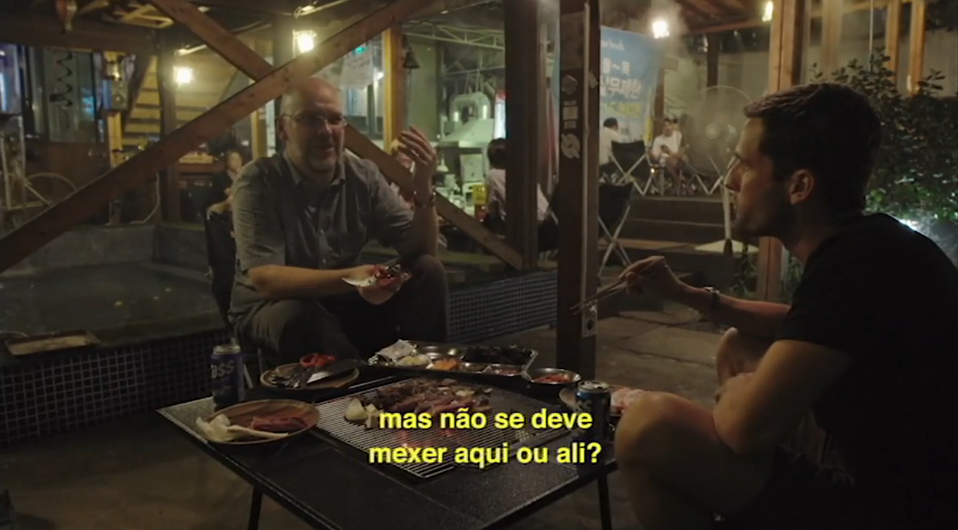A completely biased and arbitrary list, but here’s my selection of the top three K-pop songs for the year.
And what a year it was. K-pop definitely reached new heights in North America and there was no shortage of solid songwriting with great hooks. Much like the Korean movie industry, K-pop has lost some of the rough and unpredictable elements that once made it so charming; but, instead, now it boasts better than ever quality. Maybe the most dynamic and interesting musically since 2012? Ever?
It’s also a time of big changes for K-pop, as much of the last generation of superstars is fading away, whether because of breaking up or military service or just getting older. But while losing so many big names hurts, I think the new talent rising up more than makes up for it. Because pop music always needs new faces, new ideas and new sounds to stay fresh.
Anyhow, as for my top-3 list for 2017:
1. BTS “DNA”
I’m not a huge BTS fan, but there’s no denying that they’ve had one of the biggest years for any K-pop act ever. And “DNA” was a serious earworm. It sounds all right on headphones, but I think it’s qualities really shine in a club or other big, banging soundsystem.
2. Uhm Jung-hwa “Ending Credit”
Uhm Jung-hwa goes synthwave! Hard to believe Uhm Jung-hwa has been cranking out pop hits for 20 years now. And while I haven’t really listened to her much in a few years, this song was just amazing. Like something Giorgio Moroder might have cooked up.
3. Hyolyn “Blue Moon”
Okay, this is a bit of a random choice, but screw it, it’s my list and I really liked this song.






